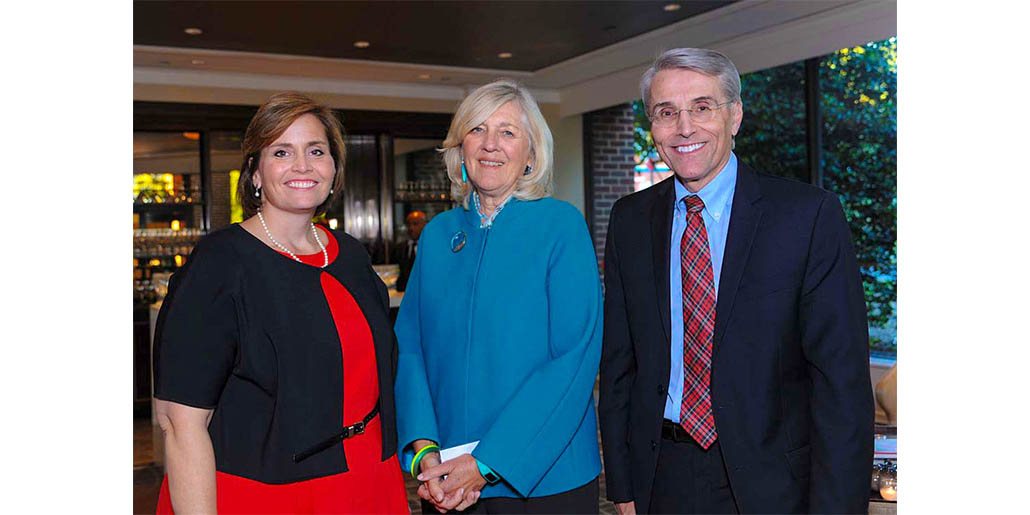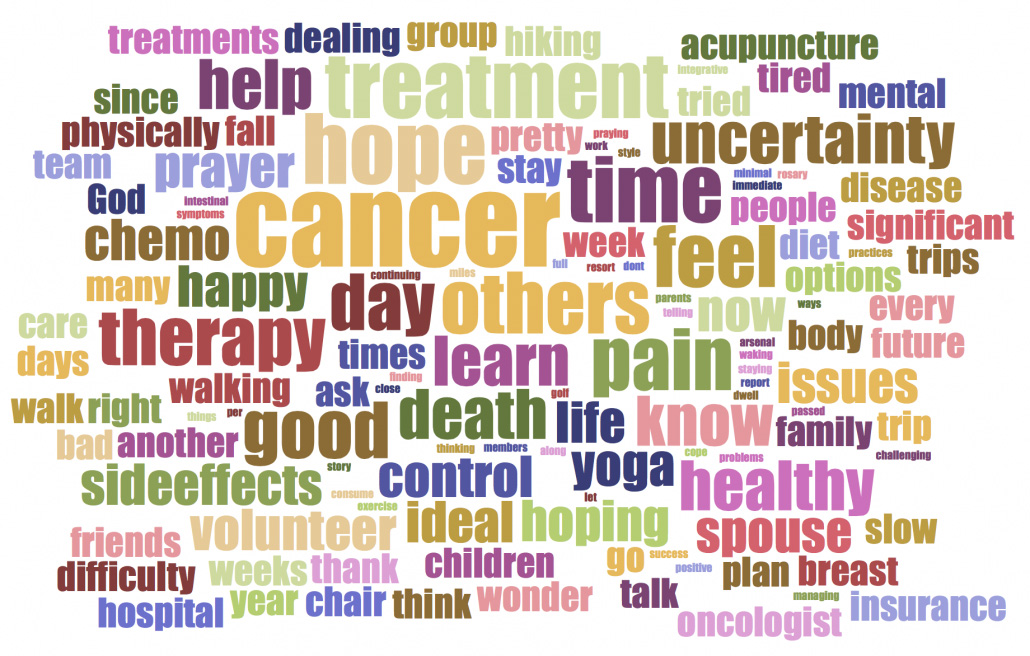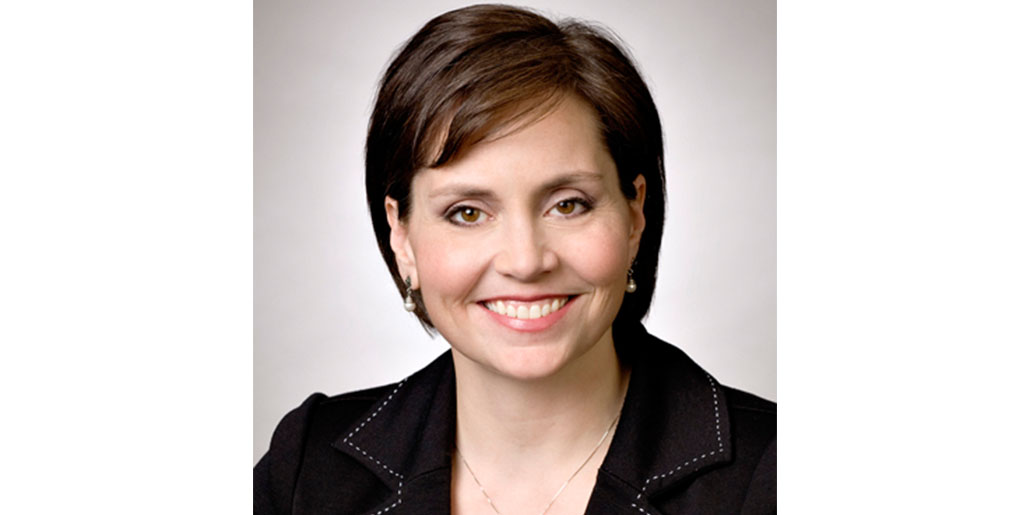
20 Years Later Series Wrap-Up: Julia Rowland Shares a History of the Imperatives and the Current Challenges in Survivorship
This post is part of our 20 Years Later blog series which examines progress in advancing the principles in the 1995 NCCS publication Imperatives for Quality Cancer Care: Access, Advocacy, Action, and Accountability (Imperatives). The Twelfth Principle states, "Cancer survivors, health care providers and other key constituency groups must work together to increase public ...

Dr. Julia Rowland Discusses the Importance of Psychosocial Care: Engagement and Dialogue
This post is part of our 20 Years Later blog series which examines progress in advancing the principles in the 1995 NCCS publication Imperatives for Quality Cancer Care: Access, Advocacy, Action, and Accountability(Imperatives). The eleventh principle states that “Psychosocial research is integral to comprehensive cancer care and, as such, psychosocial outcome measures should be ...

NCCS Celebrates “Focus on the Care” Reception in Honor of Dr. Richard Pazdur and Ellen Goodman
Last night survivors, advocates, researchers, innovators, and friends gathered at our 2015 Focus on the Care reception in celebration of two honorees who have used their unique talents to help the millions of people affected by cancer. We are grateful for all who attended to show their support for Dr ...

Metastatic Breast Cancer: A Student’s Perspective
Recently I had the privilege of attending “A Journey of Courage and Hope: The Johns Hopkins Metastatic Breast Cancer Retreat for Couples.” Facilitated by a renowned leader in patient-centered breast cancer care, Lillie Shockney, this unique retreat for patients and their spouses explores the resources to cope physically, financially, and ...

Guest Post by Dr. Patricia Ganz: What Cancer Patients and Their Families Can Do to Coordinate Post-Treatment Care
This post is part of our 20 Years Later blog series which examines progress in advancing the principles in the 1995 NCCS publication Imperatives for Quality Cancer Care: Access, Advocacy, Action, and Accountability (Imperatives), this month we will look at the ninth principle of Imperatives: “The responsibility for appropriate long-term medical care ...

Caring for Cancer Survivors: A Primary Care Physician’s Perspective on the Last Twenty Years and the Road Ahead
This post is part of our 20 Years Later blog series which examines progress in advancing the principles in the 1995 NCCS publication Imperatives for Quality Cancer Care: Access, Advocacy, Action, and Accountability (Imperatives), this month we will look at the ninth principle of Imperatives: “The responsibility for appropriate long-term medical care ...

Twenty Years Later Blog Series: Introducing the Ninth Principle of the Imperatives for Quality Cancer Care
As part of our 20 Years Later blog series which examines progress in advancing the principles in the 1995 NCCS publication Imperatives for Quality Cancer Care: Access, Advocacy, Action, and Accountability (Imperatives), this month we will look at the ninth principle of Imperatives: “The responsibility for appropriate long-term medical care must ...

Video Post: Advocate Marlene King Discusses Communicating End-of-Life Preferences and Quality of Life
In 2008, Marlene King was diagnosed with ductal carcinoma. After treatment, the cancer seemed to be in remission, however in December 2011 the cancer returned in the same breast. She opted for a double mastectomy with expanders and implants. In late July 2012, she learned that her cancer had metastasized ...

Logistic Toxicity and Administrative Burdens for Cancer Survivors and Caregivers
There are many types of toxicities cancer patients face in their treatment. We hear most about the physical toxicities of treatment – nausea, pain, fatigue, heart damage, etc. Fortunately, the non-physical toxicities are getting more attention by physicians, policymakers, and patient advocates. Dr. Yousuf Zafar (@yzafar) has made the term ...

Discussing “Good” and “Hard” Deaths: Columnist Ellen Goodman’s Opinion Piece “How to Talk About Dying”
In a recent opinion post in The New York Times, columnist Ellen Goodman writes intimately about the loss of her parents. Decades after the death of her father, Goodman felt wholly unprepared for the decisions that needed to be made as her mother’s health declined, assuming—like many caregivers and loved ...

